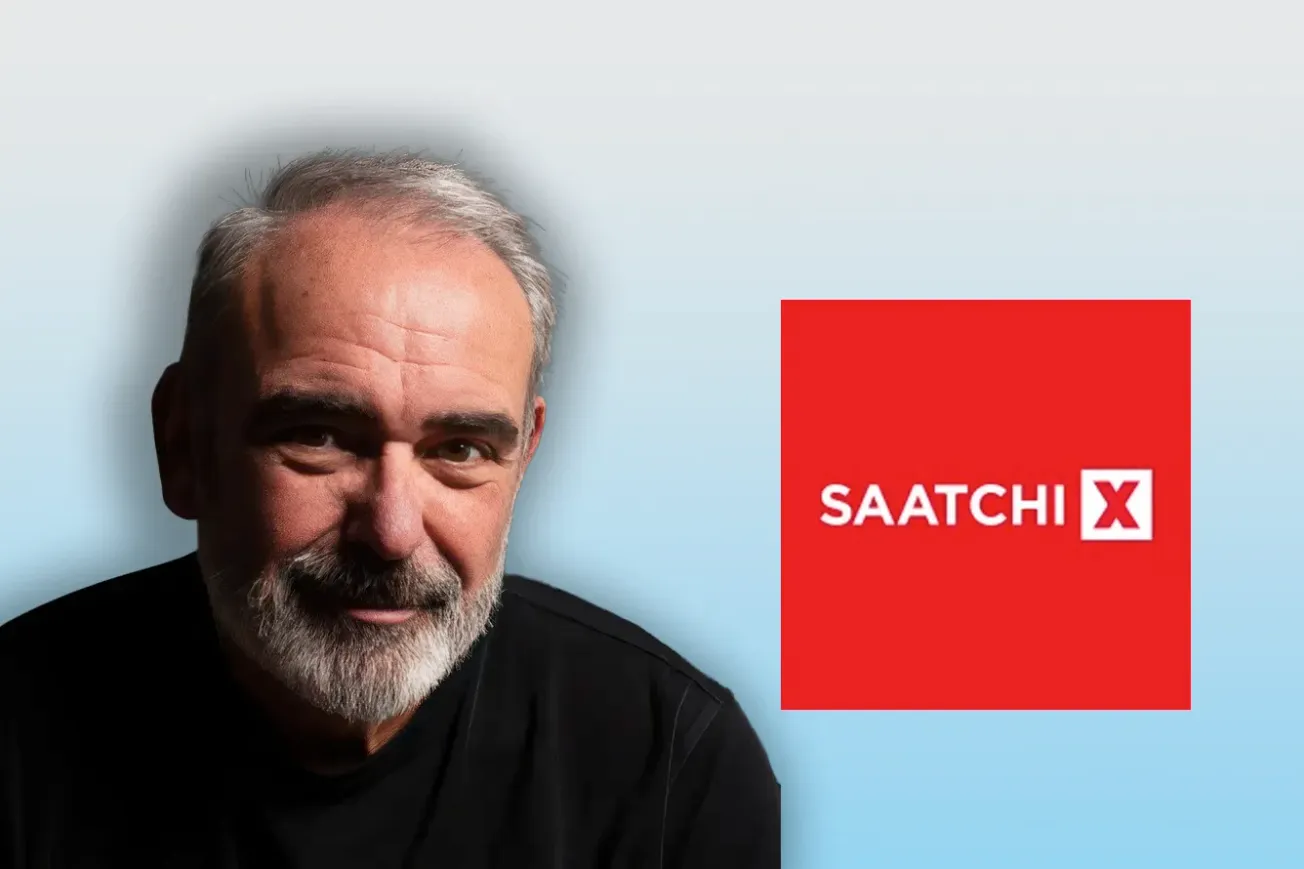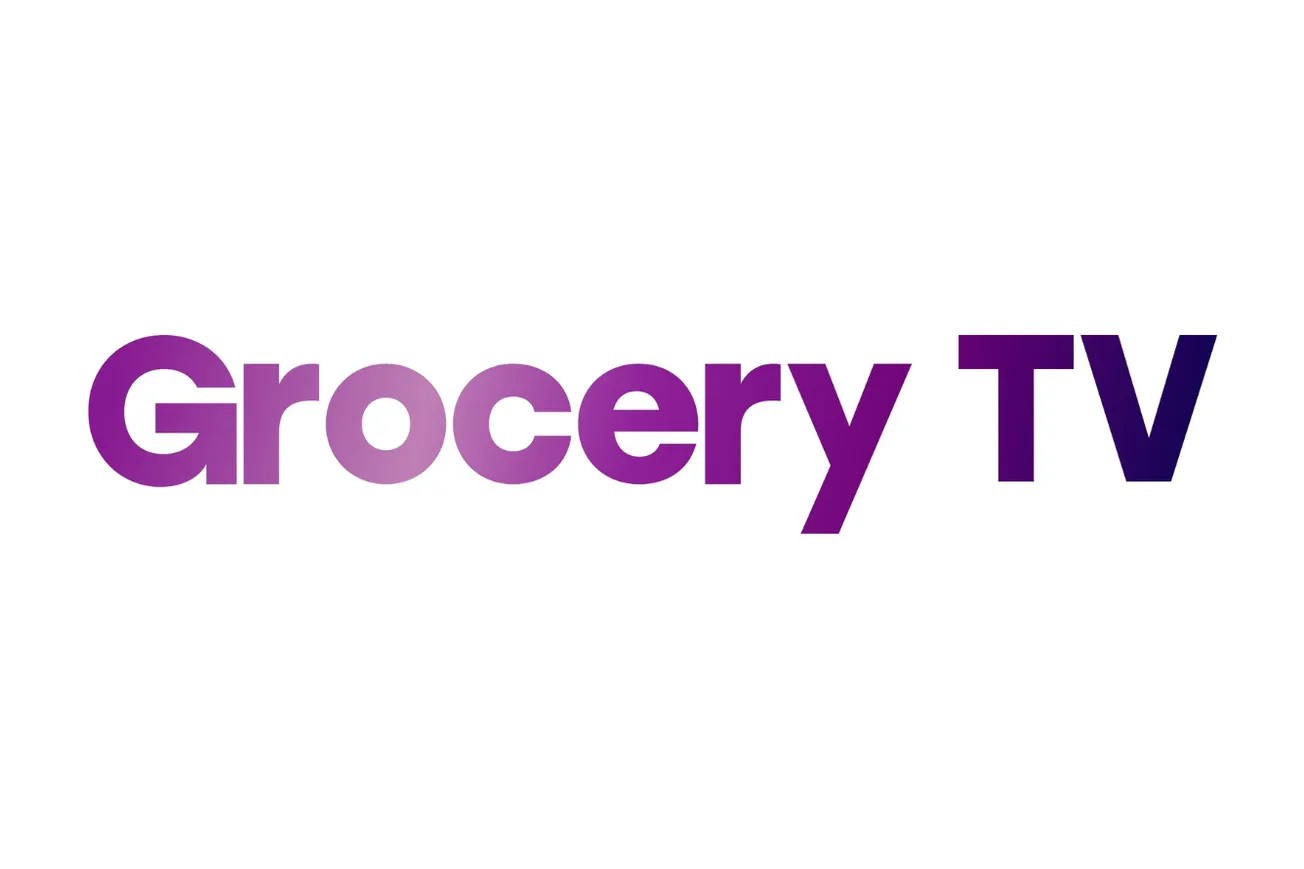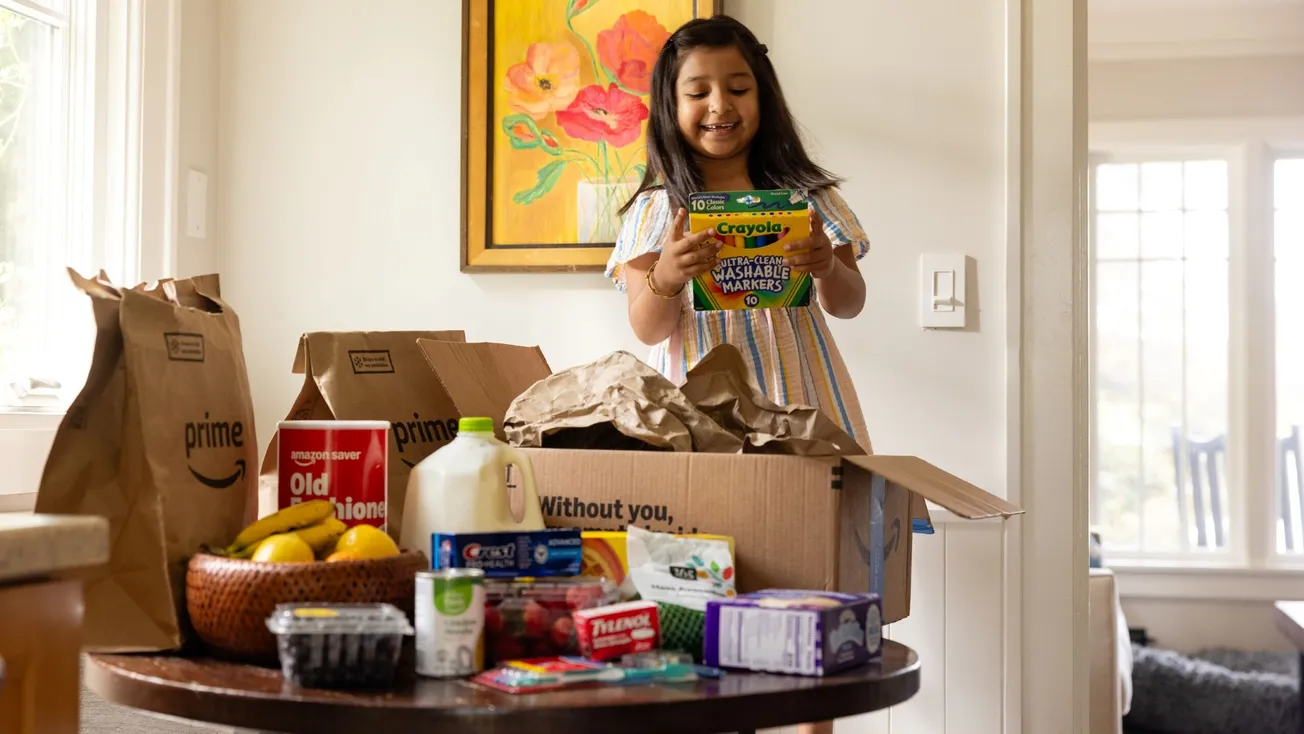LONDON — Is London sustainable? As we all walked through our cities that seemed to have tumbleweed rolling down the streets during COVID lockdown, it was a question many asked. The mission of London First is to make London the best city in the world to do business, and the sustainability of the city is critical. And it’s close. A new study measured the environmental impact of cities across the globe ahead of the 50th Earth Day. The result: London and Frankfurt came out on top as the most eco-friendly cities in which to work. But what does this really mean?
 Last year was the first year that social consumerism went mainstream. If, in 2019, we were obsessed with our own health, in 2020 we added social health to our list. The BBC’s “Blue Planet” was a hit and, by November, the #sustainability hashtag had nearly 2.5 million posts. As consumers become more knowledgeable and aware of the impact of their lifestyle on the environment, they also become more conscious and purposeful in their choices. All elements of environmental, social and governance (ESG) have been reflected in the city, from sustainable design of buildings to goods on sale, and the service providers working to keep those energy-efficient lights on.
Last year was the first year that social consumerism went mainstream. If, in 2019, we were obsessed with our own health, in 2020 we added social health to our list. The BBC’s “Blue Planet” was a hit and, by November, the #sustainability hashtag had nearly 2.5 million posts. As consumers become more knowledgeable and aware of the impact of their lifestyle on the environment, they also become more conscious and purposeful in their choices. All elements of environmental, social and governance (ESG) have been reflected in the city, from sustainable design of buildings to goods on sale, and the service providers working to keep those energy-efficient lights on.
It is now recognized that doing good makes good business sense and, although this recognition is multigenerational, it is the Gen Zers (born 1994 to 2012) that are in the driving seat. 47% of the 25- to 34-year-olds in the U.K. have started shopping with more ethical and sustainable retailers, and 55% of U.K. consumers were more concerned about the environment than they were a year previously (The Global Consumer, 2020). London, as a city, recognized this with a congestion charge, introduced in February 2003, gradually increasing the cost from £3.50 to the current £15 per day, rates varying by the emission status of vehicles. Electric delivery vehicles zip through the city at night, delivering to shops and offices and collecting waste, and the city carefully controls buildings’ construction and emissions.
So, what about retail?
Right at the center of Oxford Street is the largest and brightest beacon of hope in sustainable London, Selfridges Department Store. Selfridges, owned by the Canadian Weston family, has always had a strong ethical agenda, led by Alannah Weston, who lives in London. The store has won many marketing awards for its all-embracing campaigns which seek to “inform, amaze, amuse and delight” its customers. However, these are more than just marketing campaigns, they are a recognition that brands need to have a purpose and that, if customers have pushed ethical and environmental concerns to the front of the queue, then Selfridges has to put these at the very heart of their own and their suppliers’ thinking. The Project Earth strategy, launched in August 2020, aims to change the way its customers shop by 2025. As well as selling a greater array of sustainable products, Selfridges is adding Project Earth labels to products that contain recycled materials, are vegan or are organic, to help shoppers make better choices. One of the department store’s biggest initiatives is creating a more circular way of buying clothes. How? They offer a clothing rental service, managed by a specialist firm, Hurr Collective, which allows shoppers to book items for four, eight, 10 or 20 days. It is also focussed on reselling clothing via its Resellfridges program, which enables customers to sell used designer items in return for store credit. It also offers a product repair service, where customers can have garments repaired at a concierge desk in store. Inspirational as ever!
Of course, they are not alone. All the London flagships are echoing this with similar schemes, and British institutions, such as Marks and Spencer, Next and John Lewis, are all updating their “net zero” targets as 2020 catalyzed consumer expectations of the aspiration to reach net zero by 2050, latest.
For many, the easiest way to see and measure the capital’s intent is to reduce food waste and, here, there are two beacons worthy of mention. Waitrose, the food arm of the John Lewis Partnership, has always been strong on ethical supplier practices but, in February 2020, launched a Farm to Family trial which will see fresh produce diverted to households struggling to put food on the table, after reports from the Child Poverty Action Group showed that 80% of low-income families in the U.K. are poorer as a result of the COVID-19 pandemic. The trial ran from the end of March to the end of June and was oversubscribed by suppliers willing to help, with Waitrose funding all the handling costs. All part of the initiative to one day eradicate all avoidable and edible waste.
Not unlike my third beacon. This time participating in direct-to-consumer London fruit and vegetable deliveries, Oddbox. A huge cause of food waste is that supermarkets turn away fruit and vegetables which do not meet strict cosmetic and quality requirements. Oddbox “rescues” fresh fruit and vegetables direct from the farms and delivers them overnight direct to customers’ doorsteps through a weekly subscription model delivery box. This saves waste, water and CO2 emissions, and allows customers to track the savings they make. So successful through lockdown that this London-based business has expanded south as far as Brighton and Bournemouth, west as far as Oxford and north to Cambridge. Watch out the Midlands, Oddbox is coming to you soon!
Undoubtedly, the rise of the “conscious shopper” has been fueled by access to information, itself fueled by technology, which, itself, has become more sustainable. From the first Amazon Fresh contactless store opened in Ealing, West London, this week to Waitrose invisible “air door” technology that keeps cold air out and warm air in, creating huge savings in energy bills, sustainable technology is winning through. Take Gnewt, a fully electric parcel delivery service for London, founded 10 years ago and later acquired by logistics specialist Menzies distribution. It now operates more than 100 electric vehicles in London, and has delivered in excess of 10 million parcels in London, reducing CO2 emissions by 67%. Change is happening fast. According to the Governance & Accountability Institute, 86% of S&P 500 Index companies are now choosing to disclose their environmental, social and governance performance, versus 20% at the turn of the millennium.
Many smaller venture capital and private equity businesses are also selecting B Corp registration in order to credentialize their efforts. London-based PE firms such as True Capital and Piper Investments insist that all their investments are B Corp registered, and it pays dividends by attracting green investors and selectively reduced interest rates.
So, ESG might be the new vogue acronym in the capital, but its founding philosophy is well known: “Follow the customer and follow the money.”
Christine Cross is an MMR correspondent based in London. She can be reached at christinecross.com.





